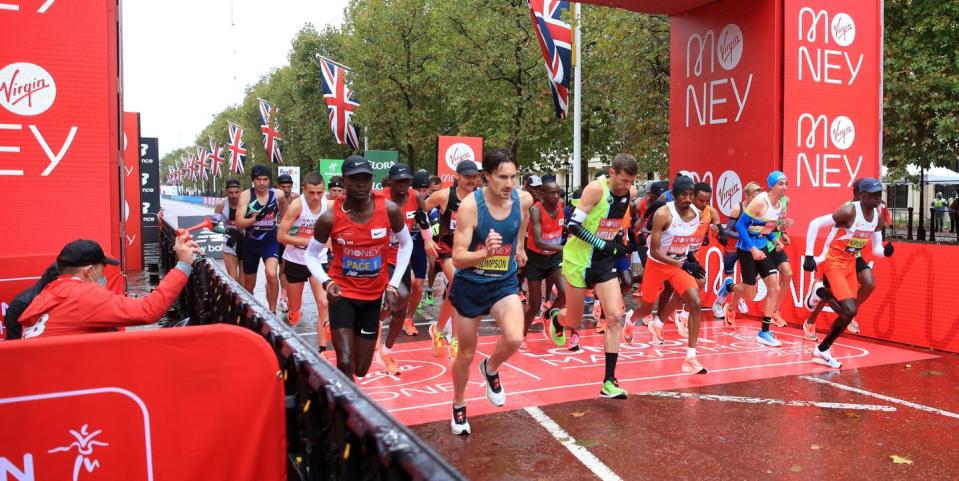How to harness the power of nervous energy

People often feel anxious in anticipation of a challenge. Be it public speaking or racing a 10K, the prospect of putting yourself out there can tie your stomach in knots.
While most people believe trying to calm down is the best way to cope with pre-performance anxiety, several studies suggest a different approach works best: reframe anxiety as excitement.
Compared with those who attempt to calm down, individuals who reappraise their anxious arousal as excitement feel more excited and perform better. One way you can do this is through self-talk. For example, saying “I’m excited” out load, or simply “Get excited.”
In a US study of pre-performance anxiety, researcher Alison Wood Brooks concluded: ‘People believe that trying to calm down is the best way to contend with pre-performance anxiety However, across several experimental studies, I found that reappraising anxiety as excitement is more effective than trying to calm down. Individuals can exert influence on their own reappraisal process by stating “I am excited” or by being encouraged to “get excited.” Compared with reappraising anxiety as calmness or not reappraising anxiety at all, reappraising anxiety as excitement increased the subjective experience of excitement and improved performance in three important performance domains: singing, public speaking, and math.’
To really capitalise on pre-race anxiety, Dr Josephine Perry, a sports psychologist and author of The Psychology of Exercise, recommends following the three Ps: prepare brilliantly, practise lots and stay process-driven. ‘These elements help us focus on all the required tasks in the build-up so our mind doesn’t have space to wander onto the potential outcomes, which is what triggers our fear,’ she says
The three Ps: follow Josie Perry's advice to get in the right pre-race mindset
Prepare brilliantly – do a ‘what if’ plan. Consider all the things you are worried about going wrong, make a plan to prevent them happening and a plan for what you will do if it still happens.
Practice lots – make sure your training has been specific to the race so you won’t have concerns about what is ahead of you.
Process-driven – create a pre-race routine so every minute of your build-up has a purpose. Focus on warm up, nutrition, hydration, logistics and mental routines.
Like this article? Sign up to our newsletter to get more articles like this delivered straight to your inbox.
You Might Also Like

 Yahoo Finance
Yahoo Finance 